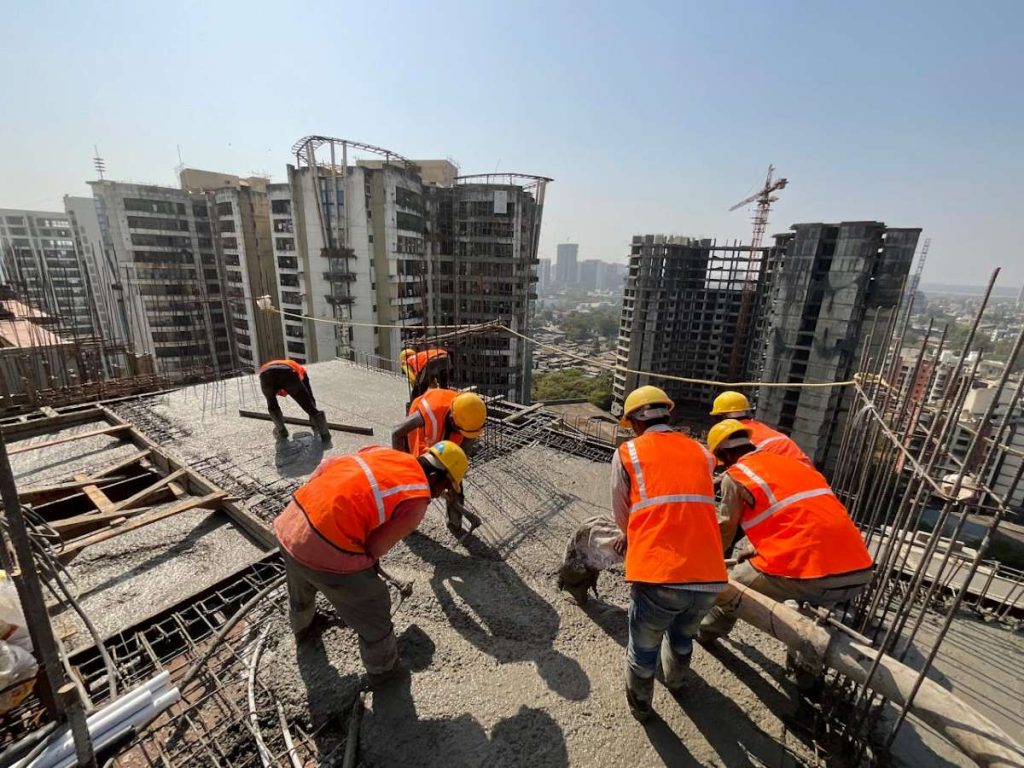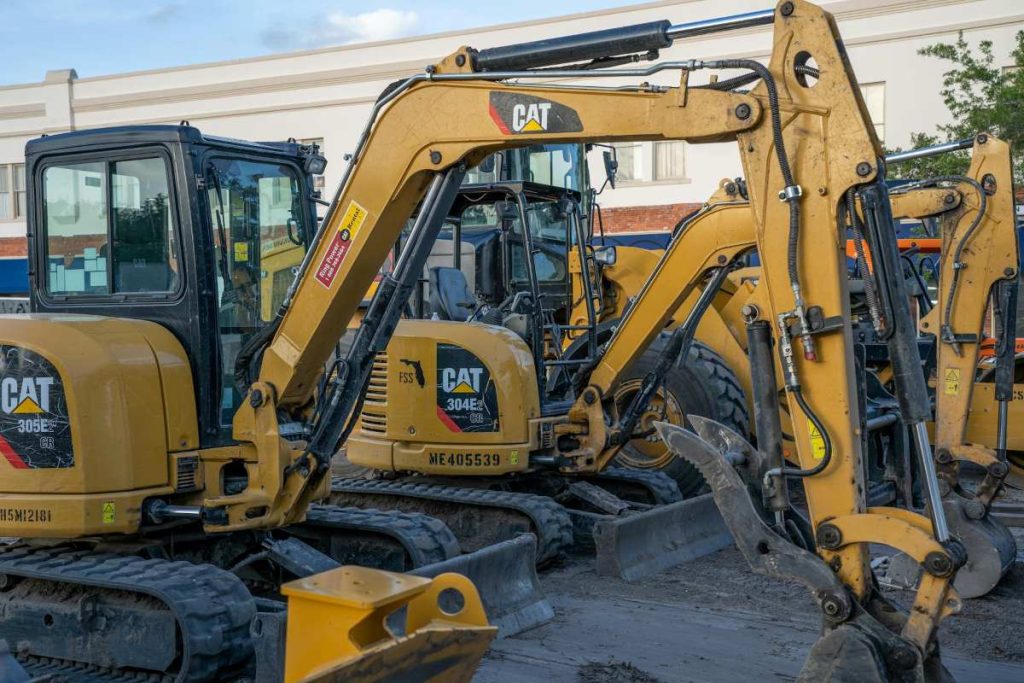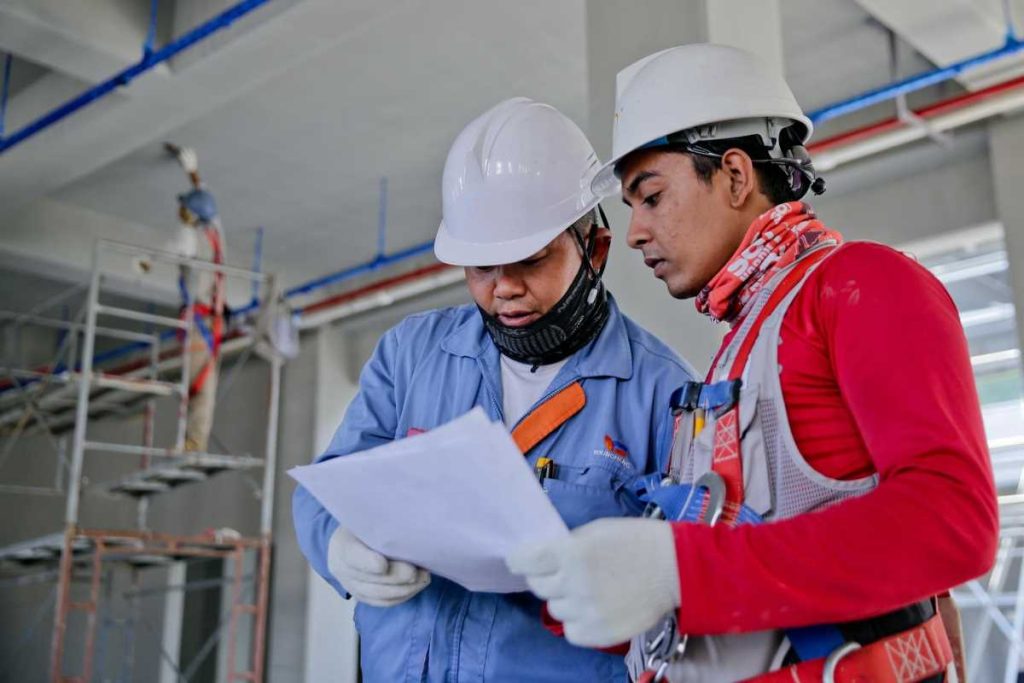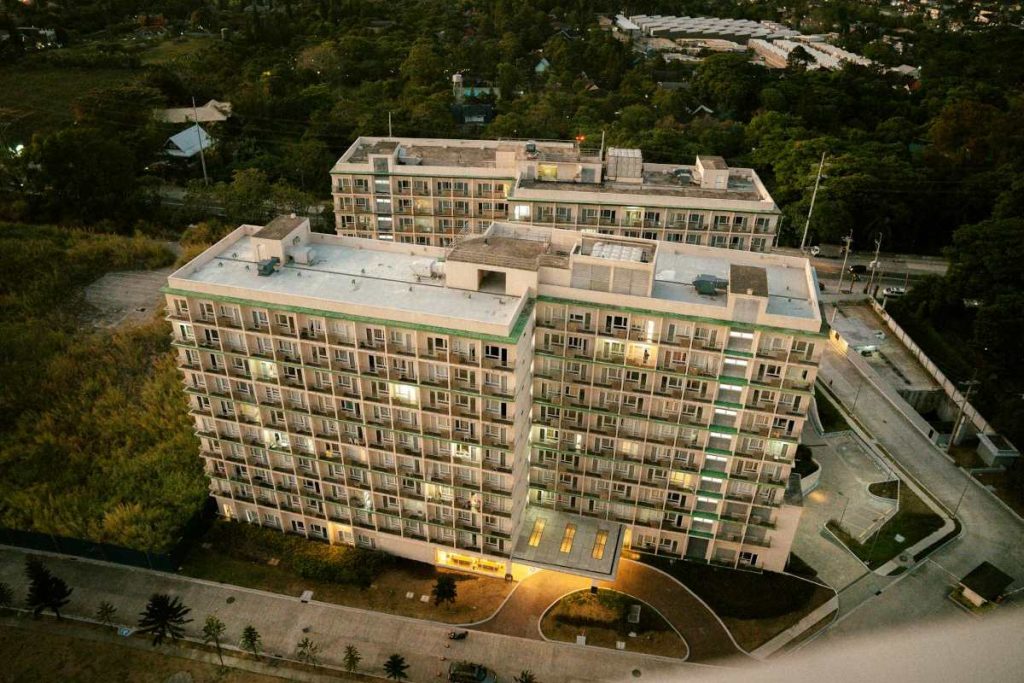The Omnibus Investments Code of 1987, formally known as Executive Order No. 226, was signed into law by President Corazon C. Aquino on July 16, 1987. This legislation aimed to create a more favorable environment for domestic and foreign investments in the Philippines by integrating and clarifying existing investment laws. It incentivizes private developers and investors to invest in priority sectors, including real estate, housing, and infrastructure. The code aims to stimulate economic growth and development through strategic investments that align with the government’s objectives of reducing the housing backlog and enhancing infrastructure. It remains applicable today, although it has undergone amendments to adapt to changing economic conditions and investment landscapes.
Key Benefits for Developers
1. Income Tax Holidays (ITH) Under The Omnibus Investments Code
The Omnibus Investments Code of 1987 grants developers an Income Tax Holiday, which can last four to six years, depending on the project’s location and classification. This incentive exempts developers from paying income taxes on profits generated from the approved project during the ITH period. The primary aim is to boost profitability and cash flow, allowing developers to reinvest earnings into further expansion or new projects.

Developers can apply for an extension of the ITH if they meet specific conditions, such as expanding the project capacity or generating significant employment. This extension can further optimize their projects’ financial viability. The extension criteria typically require the approval of the Board of Investments (BOI), ensuring that the project’s expansion aligns with the national development priorities.
2. Duty-Free Importation of Capital Equipment
The code allows developers to import capital equipment and machinery necessary for construction projects without paying import duties, provided the equipment is not readily available within the Philippines. This duty-free status can significantly reduce overall development costs, especially for large-scale projects requiring sophisticated machinery.
By minimizing these upfront expenses, developers can allocate more resources toward enhancing project quality and integrating modern technologies. This aspect of the Omnibus Investments Code of 1987 encourages developers to bring advanced construction methods and machinery, fostering innovation and efficiency in the Philippine real estate sector.

3. Additional Deduction for Labor Expenses
The Omnibus Investments Code of 1987 offers additional tax deductions for direct labor expenses to promote job creation. This incentive reduces developers’ taxable income and catalyzes the creation of employment opportunities within the local communities. By incentivizing labor-intensive projects, the code supports the government’s aim to alleviate unemployment while benefiting developers with lower tax liabilities.
Projects that meet specific employment thresholds, particularly those in rural or less-developed areas, may qualify for even greater deductions, further incentivizing developers to expand their workforce. This focus on labor-intensive projects ensures that the development benefits extend beyond the project, positively impacting the broader community.
4. Simplified Investment Procedures and Expedited Approvals
One of the Omnibus Investments Code’s most significant benefits is its provision for simplified investment procedures, especially for foreign investors. This streamlined process eliminates bureaucratic red tape that often delays project approvals. The code encourages more foreign direct investment (FDI) in the real estate sector by facilitating easier entry into the Philippine market.
Foreign investors who invest in priority sectors, such as mass housing or infrastructure, enjoy expedited approval processes and may also be eligible for additional fiscal and non-fiscal incentives. The goal is to align investment projects with national development goals, accelerating the country’s progress toward economic stability and growth.
5. Exemption From Local Business Taxes
Qualified enterprises may also benefit from exemptions on local business taxes imposed by cities or municipalities for a limited period. This local tax exemption helps reduce operational costs for developers, particularly those undertaking large-scale real estate developments or infrastructure projects. It fosters a more business-friendly environment, encouraging domestic and international developers to expand their investments in the Philippines.
6. Investment Priorities Plan (IPP) Alignment
Projects that align with the country’s Investment Priorities Plan (IPP) can enjoy a broader range of incentives under the Omnibus Investments Code. The IPP identifies sectors crucial to the nation’s economic development, including low-cost housing, tourism infrastructure, and industrial estate development. By focusing on projects that meet these strategic goals, developers can maximize their eligibility for various incentives the code provides.
The IPP also periodically updates its list of priority sectors, reflecting the Philippine economy’s evolving needs and strategic interests. This adaptive approach ensures that the incentives remain relevant and impactful in attracting investments that align with the government’s long-term objectives.

Impact Of Omnibus Investments Code On Private Developers
The Omnibus Investments Code of 1987 offers significant tax incentives for private developers, particularly those involved in mass housing projects. However, accessing these benefits remains challenging due to bureaucratic hurdles and overlapping requirements from various government agencies. Developers often face difficulties in navigating the complex processes required to avail themselves of these incentives, which can hinder their ability to contribute effectively to housing solutions in the country.
Broader Impact Of The Omnibus Investments Code On The Philippine Economy
The incentives offered by the Omnibus Investments Code benefit individual developers and contribute significantly to the overall economic growth of the Philippines. By encouraging investments in housing and infrastructure, the code helps address the country’s housing deficit, create job opportunities, and stimulate local economies. The increased investments in infrastructure development lead to better transportation networks, improved public facilities, and enhanced community services, further driving economic activity across various sectors.

Promoting Sustainable And Inclusive Growth
The focus on infrastructure and real estate developments that align with sustainable growth principles supports the government’s urban development and inclusive growth goals. Projects developed under the code’s incentives often prioritize environmentally friendly practices and social equity, ensuring that urbanization efforts do not compromise the quality of life for local communities.
Expanding Opportunities For Private Developers And Joint Ventures
The Omnibus Investments Code of 1987 represents a cornerstone policy that continues to shape the Philippines’ real estate and construction landscape. By offering a combination of tax incentives, streamlined procedures, and investment-friendly policies, the code significantly lowers the barriers to entry for local and international developers. This framework creates a more conducive environment for real estate development, fostering an era of innovation, sustainability, and inclusive growth in the Philippine property market.
These benefits also extend to joint ventures and partnerships, making it easier for local developers to collaborate with international firms. The incentives provided help level the playing field, allowing smaller developers to compete with more established players, ultimately leading to a more dynamic and competitive real estate market in the country.
For a more detailed understanding of the incentives under the Omnibus Investments Code of 1987 and the latest updates, you can refer to the official website of the Board of Investments (BOI) and other government resources that detail investment opportunities and guidelines for developers.

Amendments To The Omnibus Investments Code Of 1987
Since its enactment, the Omnibus Investments Code of 1987 has undergone several amendments to enhance its provisions and adapt to the evolving economic landscape.
Foreign Investments Act of 1991 (Republic Act No. 7042): This act repealed Book II of the Omnibus Investments Code, which dealt with foreign investments without incentives, thereby liberalizing the rules for foreign investors in the Philippines. It introduced the Foreign Investment Negative List, specifying areas where foreign investment is restricted or limited.
Republic Act No. 7369 (1992): This amendment revised specific provisions related to tax and duty exemptions on imported capital equipment and tax credits for registered enterprises, making it more favorable for businesses to invest capital goods.
Republic Act No. 7918 (1995): This act further amended Article 39 of the Omnibus Investments Code, specifically addressing income tax holidays for registered pioneer firms and expanding firms. It set limits on the duration of these incentives and clarified conditions under which applicants could avail.
Republic Act No. 7888 (1995): This amendment focused on specific provisions within Article 7 of the Omnibus Investments Code, enhancing clarity regarding the incentives available to registered enterprises. It includes provisions allowing registered enterprises to employ foreign nationals without restrictions, easier importation and exportation processes, and exemptions on imported capital equipment and accompanying spare parts.
These amendments reflect ongoing efforts to streamline investment processes, enhance incentives, and ensure the legal framework remains attractive to domestic and foreign investors in the Philippines. The core structure of the Omnibus Investments Code of 1987 continues to serve as a foundational element of the country’s investment policy framework today.
